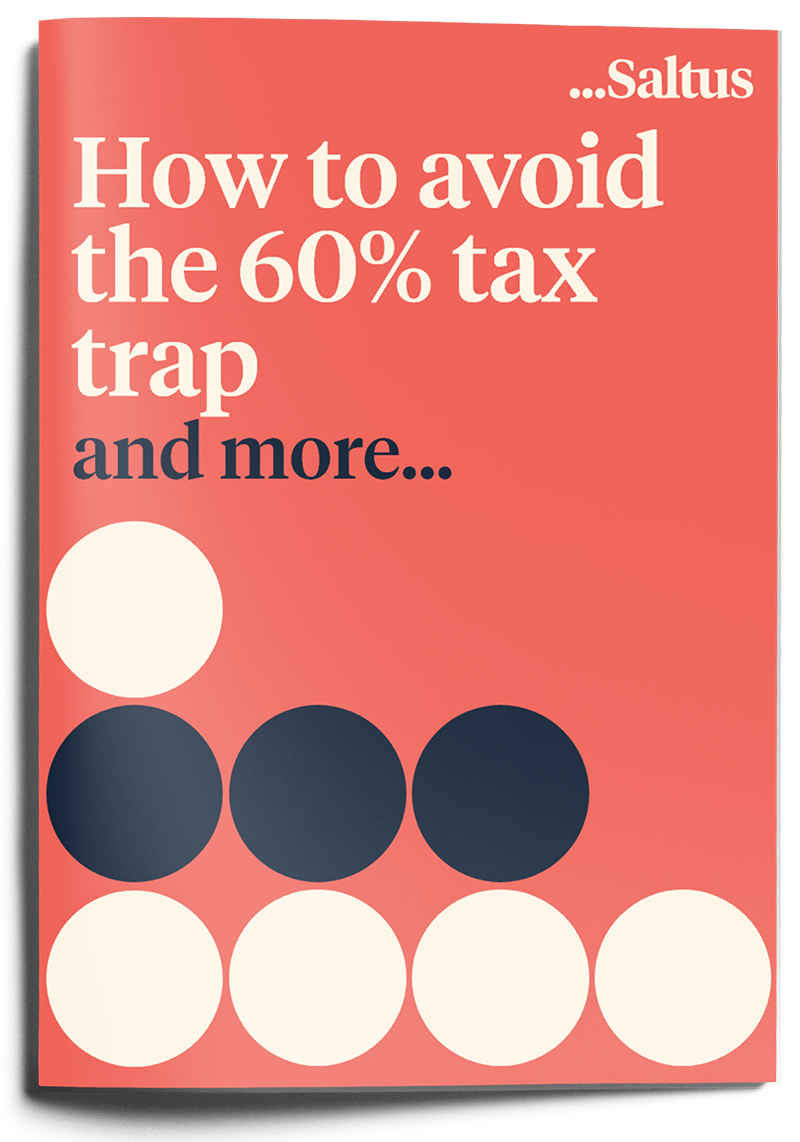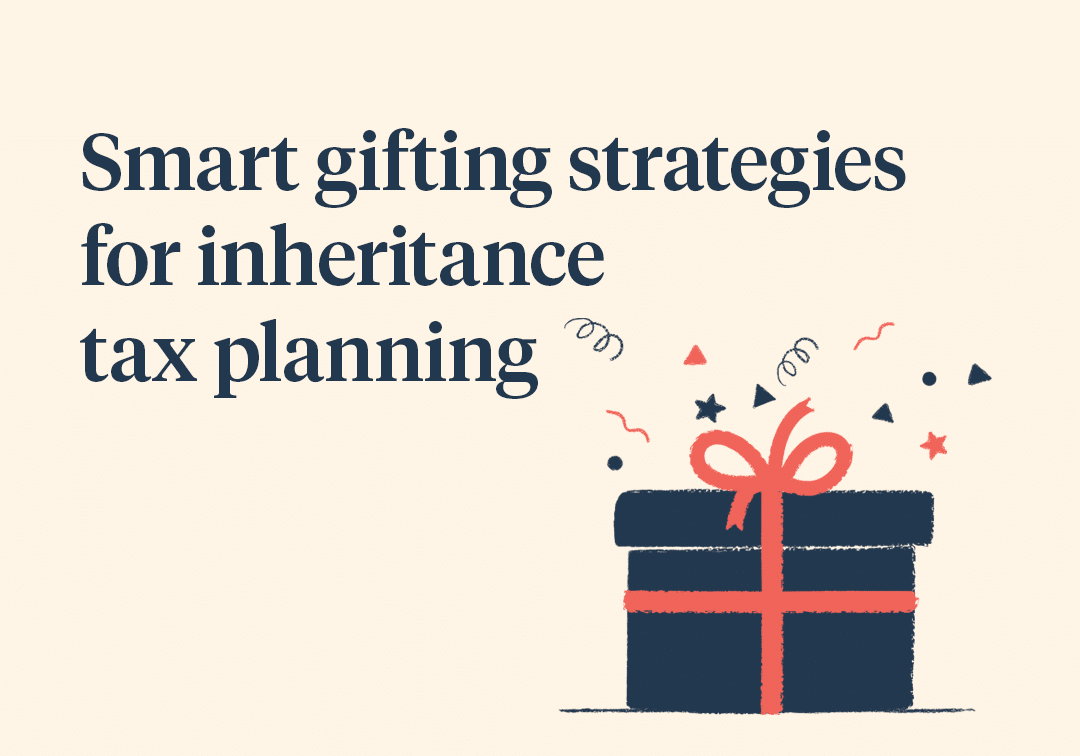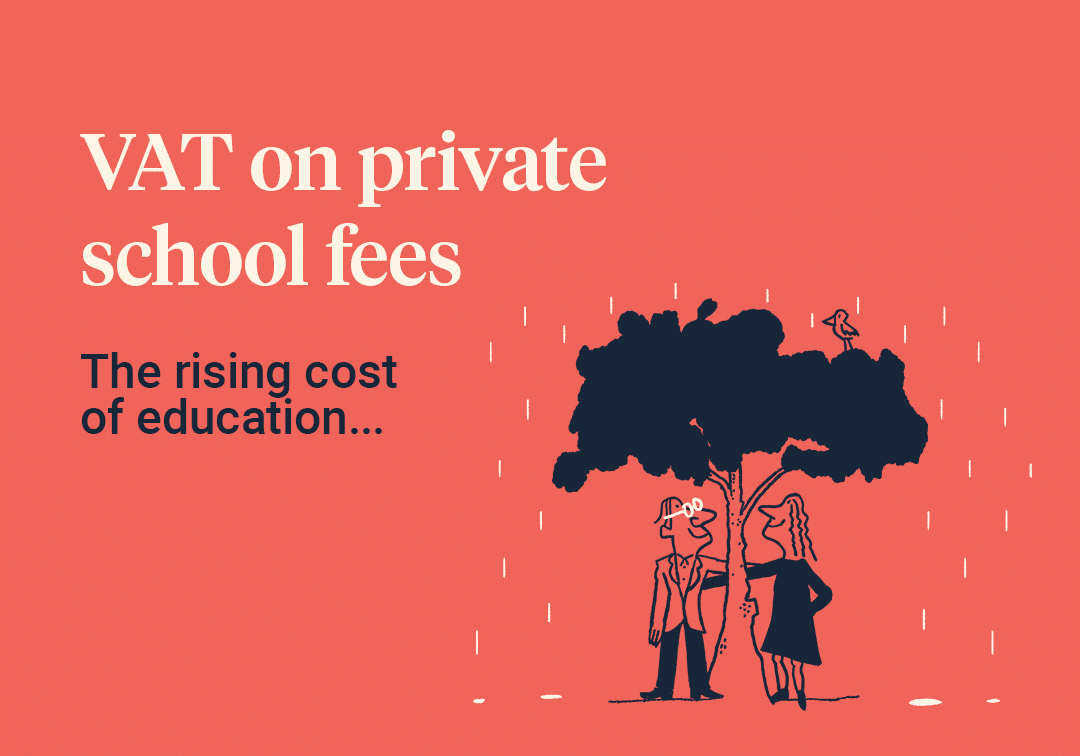Any profit you make from selling an asset could be subject to capital gains tax (CGT). This could be as much as 24%, so it’s important you are aware of how CGT could affect you and factor it into your calculations when making investment decisions. So, how could you reduce your capital gains tax?
Capital gains tax explained
How does capital gains tax work? Capital Gains Tax is applied to the profit – or ‘capital gain’ – you make when you sell or dispose of certain assets, regardless of their total value. However, gains below the annual tax-free allowance are not taxed.[1] Not every disposal triggers an immediate CGT bill. For instance, when you gift an asset to your spouse or civil partner, the transfer is treated on a no-gain, no-loss basis – any gain is deferred until they eventually dispose of the asset. By contrast, some disposals are genuinely exempt, such as selling your private car. There are also tax-efficient vehicles for holding investments. For example, gains made within an ISA are completely free from CGT. While offshore bonds are not subject to CGT, gains are instead taxed as income, which can be at rates of up to 45%.[2] Using a diverse range of CGT free tax wrappers effectively is key if you might be affected by Capital Gains Tax.




